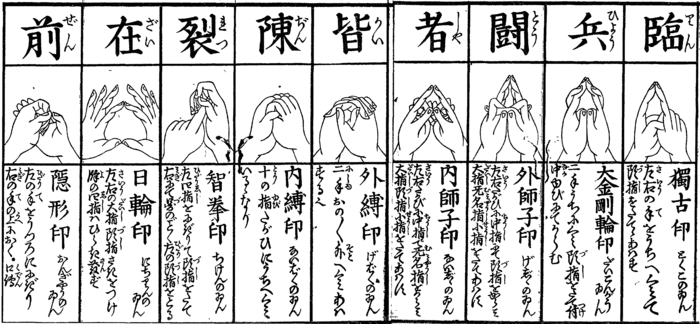We open our library selection this month with one of Frithjof Schuon’s most important articles on the differences between traditional and modern mentalities, “The Contradiction of Relativism.”
The primordial and normative attitude is this: to think only in reference to what surpasses us and to live for the sake of surpassing ourselves; to seek greatness where this is to be found and not on the plane of the individual and his rebellious pettiness. In order to return to true greatness, man must first of all agree to pay the debt of his pettiness and to remain small on the plane where he cannot help being small.
• In a stimulating audio lecture, Bishop Kallistos Ware explores orthodox answers to the question “What Does It Mean to be a Person?”, explaining how and why “the human being is the great universe, and the universe round us, the distances of outer space, millions of light-years, that is the little universe.”
Because we are microcosm, we are also mediator: as microcosms, standing at the crossroads, visible yet invisible, earthly and heavenly, body and yet soul, our human vocation is to reconcile and harmonise the differing levels of reality in which we participate. We are to spiritualise the material without thereby dematerialising it. We are to make the earth heavenly; we are to unify.
• A chapter by Margaret Greenhalgh on the Shingon Buddhism mysteries of “Sound, Word and Reality” in their relation to Aikido, the Japanese martial “Way of Peace”. This includes a method “to achieve integration with the cosmic Buddha, based on the ‘three secrets’ (sanmitsu) of body, sound and mind: combinatory exercises which integrate breath and hand movements, enunciation of sound and visualisation.”




